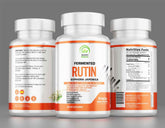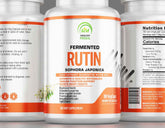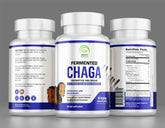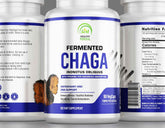Filter
4 results
20
- 10
- 15
- 20
- 25
- 30
- 50
Best selling
- Featured
- Best selling
- Alphabetically, A-Z
- Alphabetically, Z-A
- Price, low to high
- Price, high to low
- Date, old to new
- Date, new to old
Sort
Sort by:
- Featured
- Best selling
- Alphabetically, A-Z
- Alphabetically, Z-A
- Price, low to high
- Price, high to low
- Date, old to new
- Date, new to old
-
Turmeric - Curcumin
The Surprising Health Benefits of Turmeric or Curcumin Turmeric, also known as curcumin, is a great spice to cook with. But it’s also more than that because it offers a range of impressive health benefits. Today, we will explore those benefits so you can...- €30,00
€36,00- €30,00
- Unit price
- / per
-
Amla - Phyllanthus Emblica
Everything You Should Know About Amla Amla is known as a superfruit and it has gained a lot of popularity in recent years. Whether you’ve heard about it before or not, learning more about the Indian gooseberry will introduce you to a powerful ingredient...- €20,00
€0,00- €20,00
- Unit price
- / per
-
Turkey Tail - Trametes Versicolor
The Remarkable Health Advantages of Turkey Tail Mushroom Turkey tail mushroom is one of the most common medicinal mushrooms. It has been used for hundreds of years and they continue to provide relief today. In particular, turkey tail mushroom is used to treat pulmonary...- €35,00
€41,00- €35,00
- Unit price
- / per
-
Chaga - Inonotus obliquus
The Powerful Benefits of Chaga Mushroom Chaga mushrooms are not as well known as, say, shiitake or portobello mushrooms, but they’re amazing. Organic chaga fungus offers a lot of different health benefits you’ll want to be familiar with. So, in this article, we will...- €25,00
€31,00- €25,00
- Unit price
- / per


















